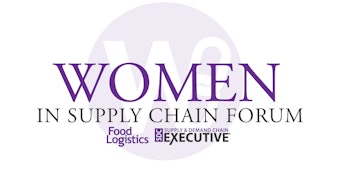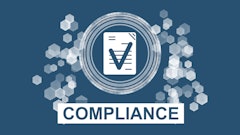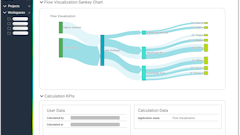Change is never easy. Some among us embrace new things readily; others resist, clinging to the past and the way things were always done.
The transition from the Automated Commercial System (ACS) to the Automated Commercial Environment (ACE) is no different, giving rise to many emotions. While not on the same level as the death of a loved one, ACE is triggering an emotional process with stages like those Elizabeth Kubler-Ross introduced in her seminal work On Death and Dying. She saw individuals as experiencing denial, anger, bargaining and depression before transitioning to acceptance.
Let’s view the transition to ACE through Kubler-Ross’ prism.
Denial
Among the ranks of importers, brokers, compliance personnel, drawback staff and foreign-trade zone (FTZ) operators, there are still rumblings of “It’s never going to work,” or “They’ve been trying to push it on us since 1992; I don’t care what they say, it’s not going to happen.” The numbers are waning as the first implementation date passed, and the remainder grow closer and closer, but make no mistake, some are still in denial.
Anger
Individuals in this stage project doom and gloom fueled by an underlying anger at the prospect of change: “I can’t believe they’re doing it to us. It’s a complete waste of time. They’re going to completely destroy trade.” One company is so irate that it decided to cease its trade-related operations and move into another line of business. The sole proprietor of another firm is opting to retire rather than deal with ACE.
Bargaining
In this stage, there is begrudging acknowledgment that ACE may happen, but maybe not. So there is some movement toward preparing for ACE, but restraint is evident and limits applied: “Maybe some of it will happen, but not everything.” Individuals in this stage are one slight step beyond anger and denial, but not more. They still feel it may be impossible to eradicate ACS in its entirety.
Depression
Generally speaking, people are not happy about ACE. They know it is coming, but dread the implementation of new processes and technology. They resent the learning they must undergo. They anticipate problems working with the new system. Even though some ACE filings are possible now, no attempt is made to use the system.
It’s hard for people who never had to send data elements electronically before. ACE is one thing, but when partner government agencies (PGAs) enter the picture, it gets even more difficult. The departure of ACS translates into a full-on electronic interface, not just with Customs and Border Protection (CBP), but with all government agencies. And, it involves more than importing. ACE is much bigger and all-encompassing. There are so many more data elements that have to be submitted with every shipment.
Acceptance
People in this stage not only accept that ACS is going away, but also embrace ACE’s arrival. They see ACE as a positive, that is, an opportunity to offer and bill for more client services, and to grow their business. ACE allows a number of electronic filings that weren’t possible before. And, ACE allows mid-sized brokers to compete with the big guys, providing services that once only larger firms could deliver.
As more people move to acceptance, the emotional transition to ACE will be complete. Each passing deadline, which began March 31 and then arrived on May 1, will advance the process that much more. A year or two from now, it will be just like the old times. Everybody will have accepted it and everybody will be working within the regulations. It is the process of getting to this point that is sometimes more difficult than the actual daily use of ACE.
Christopher Springer is the director of operations at QuestaWeb Inc. (www.questaweb.com), a provider of global trade management software. He is a U.S. Customs and Homeland Security electronic data exchange specialist with in-depth experience with automated broker interface (ABI), automated export system (AES) and ACE transactions. Springer also is a licensed U.S. customs house broker and a Transportation Intermediaries Association (TIA)-certified transportation broker. To reach him, please call (908) 233-2300 or email [email protected].


























